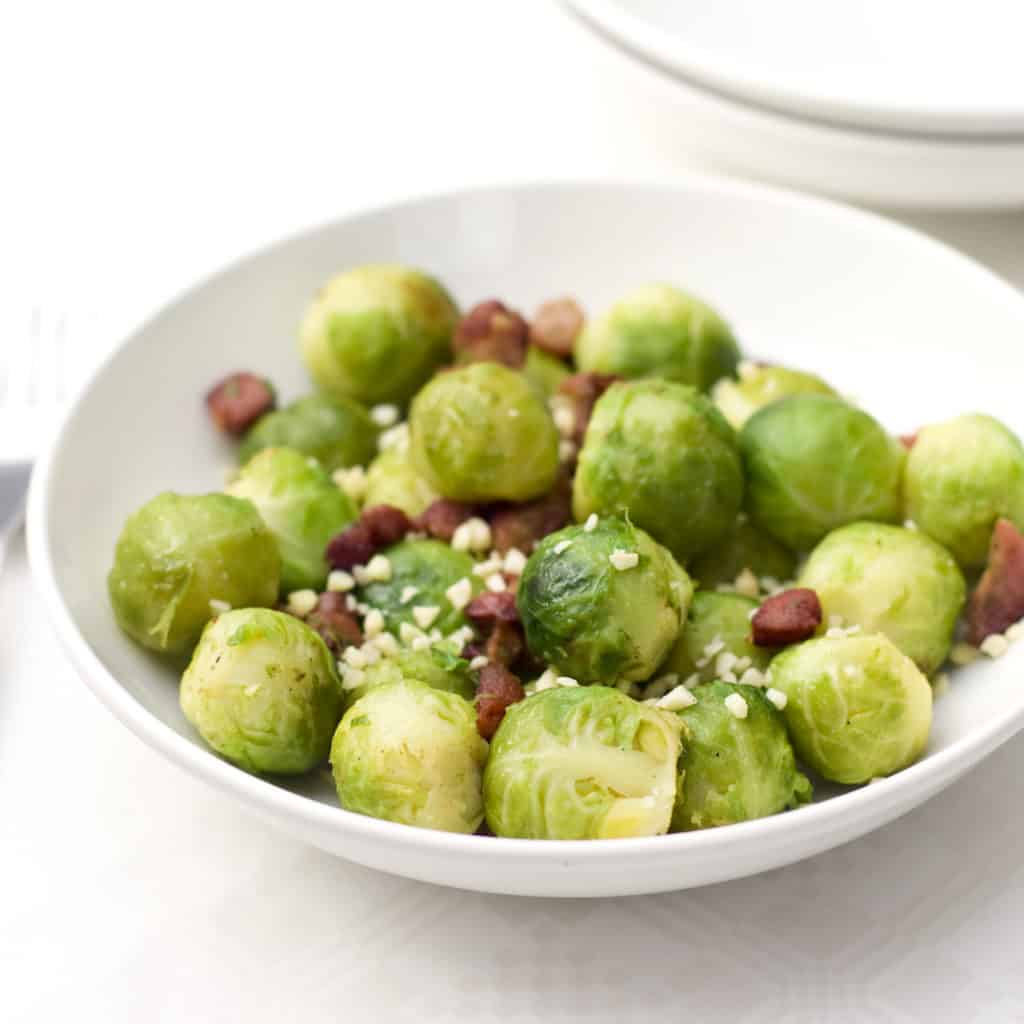Went to a wonderful dinner with best friends last night—a fancy restaurant and astoundingly delicious food. I even ordered things I don’t really like—but I knew they would be good because they would be fully (and deceptively) dressed.
I don’t really like cauliflower; unless it’s superbly fresh, it really has no taste. I feel the same about Brussels sprouts—don’t like them. They are like the veal of the vegetable family—they die young and we eat them. I never liked cabbage (unless it’s dressed up into coleslaw) and it makes sense I wouldn’t like baby cabbage either.
Did you know the spelling is Brussels sprout? Always has an “s” at the end. Did you know they really are from Brussels? They originated in ancient Rome and first appeared in northern Europe during the fifth century, later being cultivated in the 13th century near Brussels, Belgium.
I bet they didn’t like them much then, either—unless they were really hungry.
So why do I eat them? Like putting lipstick on a pig, we’ve learned to dress them up by covering them with things we love. What do I love? Well, bacon for one. I love grilled onions. I love sweet things. I love garlic. So no wonder I love Brussels sprouts when they’re covered in bacon, onions, sugar and garlic! I would eat cardboard cooked with that stuff!
What do we do with cauliflower? Don’t get me started! Pull out a cookbook or Google it—holy cow! Throw cheese on it, breadcrumbs, cumin, sumac, lemon, caramelized, turmeric, “oatwalnut crust and lemon herb filling.”
Sounds great, just hold the cauliflower, please!
I feel better now.






